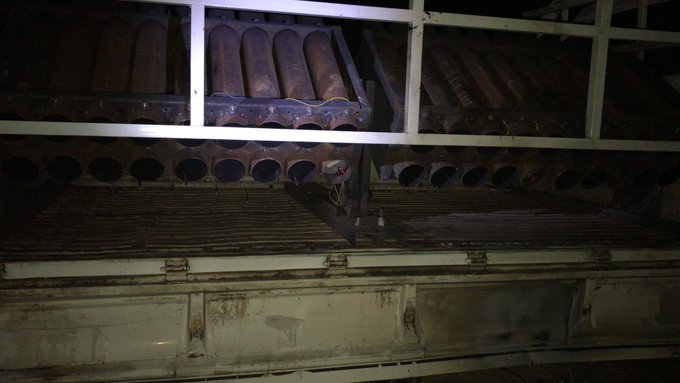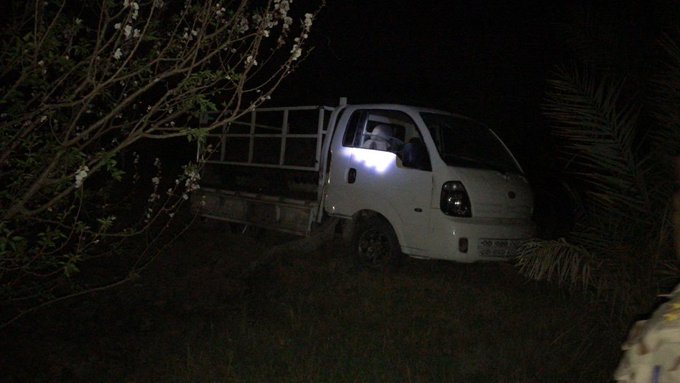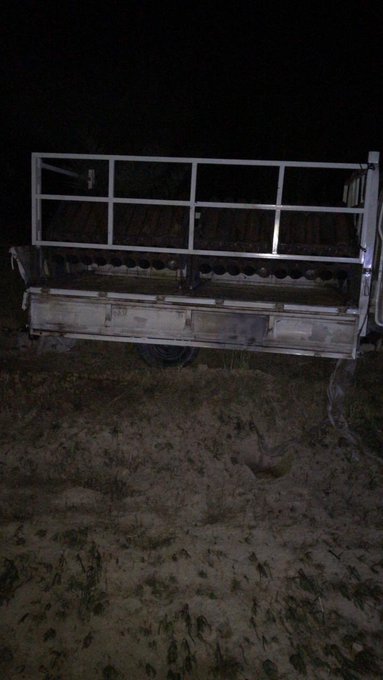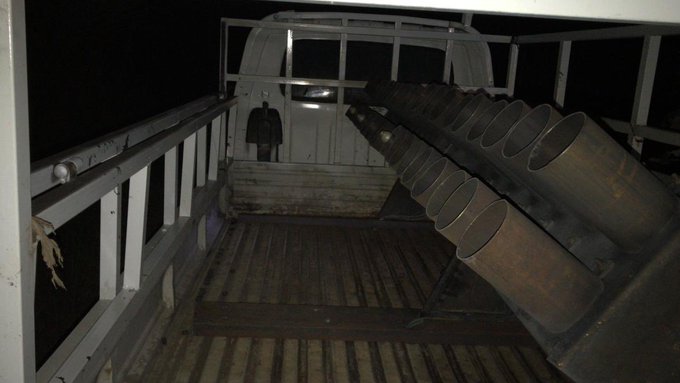On March 10th, Kuwait and Iraq, as well as the UAE joined Saudi Arabia in reducing oil prices. Iraq cut the official selling price for its Basrah Light crude for buyers in Asia by $5 a barrel for April shipments.
That’s less than the $6 reduction for Aramco’s comparable Arab Medium grade. Kuwait reduced its selling price to Asian customers by the same as the Saudis.
The UAE, the only major producer that still sets prices retroactively, lowered the cost of its four grades for February sales by $1.63 a barrel from January.
“Any price war to acquire the largest market share does not serve the interests of the producing countries,” Iraqi Oil Ministry spokesman Asim Jihad said. His country is trying to bridge oil producers’ viewpoints to reach a deal to stabilize and rebalance markets, he said in a statement.
Iraq’s state oil-marketing company, SOMO, plans to increase exports in April, according to an unnamed person, cited by Bloomberg.
Enjoy books in a whole new way, listen anytime anplace.
Kuwait set its April Export Crude OSP for Asian customers at a $4.65 a barrel discount to the regional benchmark, according to a price list seen by Bloomberg. That’s 60 cents lower than Aramco’s Arab Medium and $1.45 below than Iraq’s Basrah Light to the region. Kuwait’s exports to Northwest Europe were set at a record-low of a $12.60 discount.
Meanwhile, Riyadh is continuing on its “warpath” and is about to flood Europe with crude oil at a price of about $25 per barrel. The Saudi shipments, coupled with unprecedented discounts, are turning the European oil market into a major price battlefield.
Diplomatic and OPEC sources quoted by mainstream media directly say that the ongoing Saudi-led effort to crush the oil market is a pre-planned ‘agressive campaign’ against Russia. One of the main targets is the Russian ability to sale oil to Europe. The fall of oil prices allready caused a major fall of the Russian ruble and impacted negatively the Russian economy.
European refiners including Royal Dutch Shell Plc, BP Plc, Total SA, OMV AG, Repsol SA and Cepsa SA have all received crude allocations from state-owned Saudi Aramco significantly above their normal levels, according to sources cited by Bloomberg.
The increase in volumes, known in the industry as nominations, was confirmed by Aramco to the European oil companies on Wednesday, the same people said, asking not to be named discussing private information. One of Europe’s major refiners got double its normal allocation, an unnamed source said.
Aramco cut its official selling prices by the biggest amount in more than three decades. The company made its biggest cuts for buyers in northwest Europe. An $8 a barrel reduction in most grades amounts to a direct challenge to Russia, which sells a large chunk of its flagship Urals crude in the same region.
Aramco will sell Arab Light at an unprecedented $10.25 a barrel discount to Brent in Europe.
Discounts for Russian crude immediately ballooned. Vitol Group and Trafigura Group Ltd. failed to find buyers on March 9th when they offered to sell Urals crude at the deepest discounts to a regional benchmark in almost two months.
Currently, the two countries who are suffering most from the oil war are Russia and Iran, both are also under heavy sanctions by the US. Iran’s oil sector is especially crippled owing to Washington’s “maximum pressure” campaign.
In Iraq, which as above mentioned is a major oil producer, a camp housing US-led coalition troops was hit by more than a dozen Katyusha rockets. The Taji base was hit and two US marines, as well as a British soldier were killed in the attack.
The Coalition @CJTFOIR confirms more than 15 small rockets impacted Iraq’s Camp Taji base hosting Coalition troops, March 11 at 7:35 p.m. (Iraq Time). Assessment and investigation ongoing, follow @OIRSpox & @SecMedCell for updates. twitter.com/SecMedCell/sta…
407 people are talking about this
“Three Coalition personnel were killed during a rocket attack on Camp Taji, Iraq, March 11. The names of the personnel are withheld pending next of kin notification, in accordance with national policies,” the statement said.“Approximately 12 additional personnel were wounded during the attack. The attack is under investigation by the Coalition and Iraqi Security Forces. Camp Taji is an Iraqi base that hosts Coalition personnel for training and advising missions,” it added.A spokesperson for the UK Ministry of Defense said, “We can confirm we are aware of an incident involving UK service personnel at Camp Taji, Iraq. An investigation is underway, it would be inappropriate to comment further at this time.”
Iraq is a hot point in tensions between the US and Iran.
Furthermore, on March 11th, the US House of Representatives approved War Powers resolution, which would require US President Donald Trump receive Congressional approvement for any attacks launched against Iran. He is, however, likely to veto it.
Regardless, this means that if, for example, Yemen’s Houthis strike Aramco’s infrastructure again, and both Riyadh and Washington blame Iran, Trump will have less options in the military sphere and face much more political pressure if he opts such a move. So, one could say that the Washington political establishment is limiting the freedom of actions of the Trump administration against Iran, but, at the same time, keeps the window of opportunities for anti-Russian actions open.
Taking into account that recentl US threatened Russia with more sanctions (this time over the situation in Idlib) and the US mainstream media is in the state of constant anti-Russian hysteria, US ‘experts and analysis’ will easily find the ‘Russian trace’ in any escalation in the Middle East or any other place around the world. They already found that the Kremlin should be blamed for the ongoing oil prices collapse, despite Russia being one of the most affected parties. This happens amid the ongoing consitutional reform in Russia itself. Pro-Western forces inside Russia and the neo-liberal part of the Russian elites are actively trying to use this reform to destabilize the situation in the country and turn its course in what they call the ‘right direction’ (the surrender of the national interests to the global capital). These forces as well as their foreign backers are openly interested in the escalation of tensions between the United States and Russia.
MORE ON THE TOPIC:
- Saudi-Initiated All-Out Oil War Could Lead To Collapse Of Kingdom Itself
- U.S. Increases Pressure On Russia Amid Chaos On Energy Markets
- Moscow Targeting Washington With Oil Price War: U.S. Media’s Alternate Reality
 Uprooted Palestinian
Uprooted Palestinian
The views expressed in this article are the sole responsibility of the author and do not necessarily reflect those of the Blog!








No comments:
Post a Comment